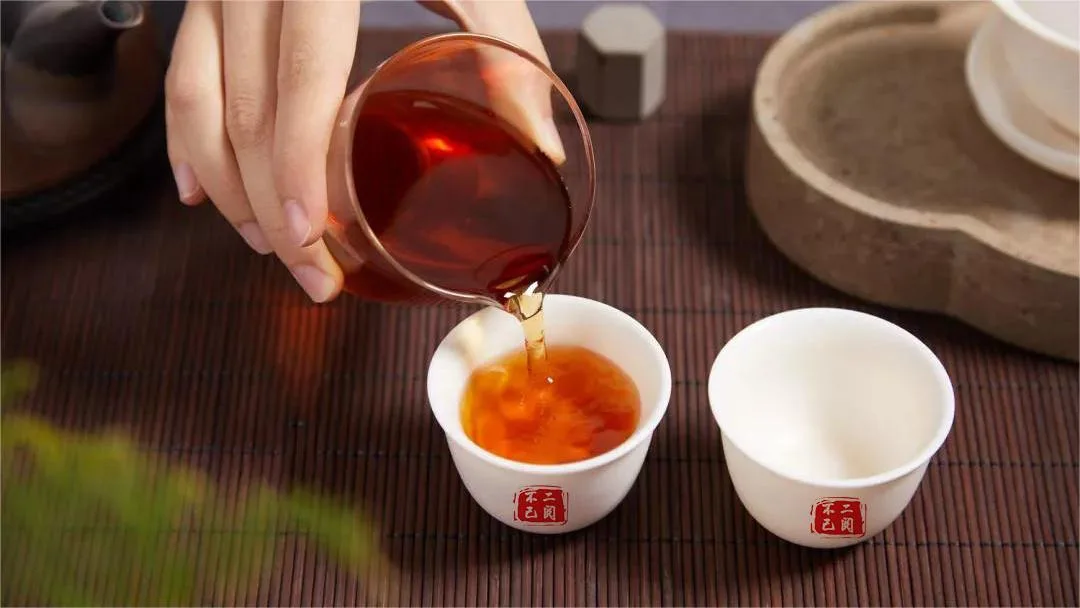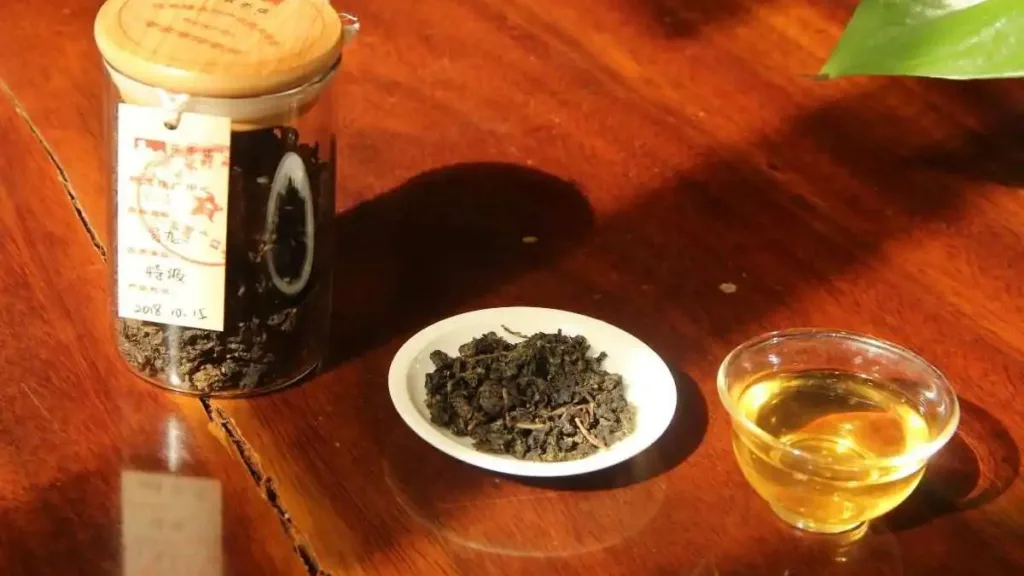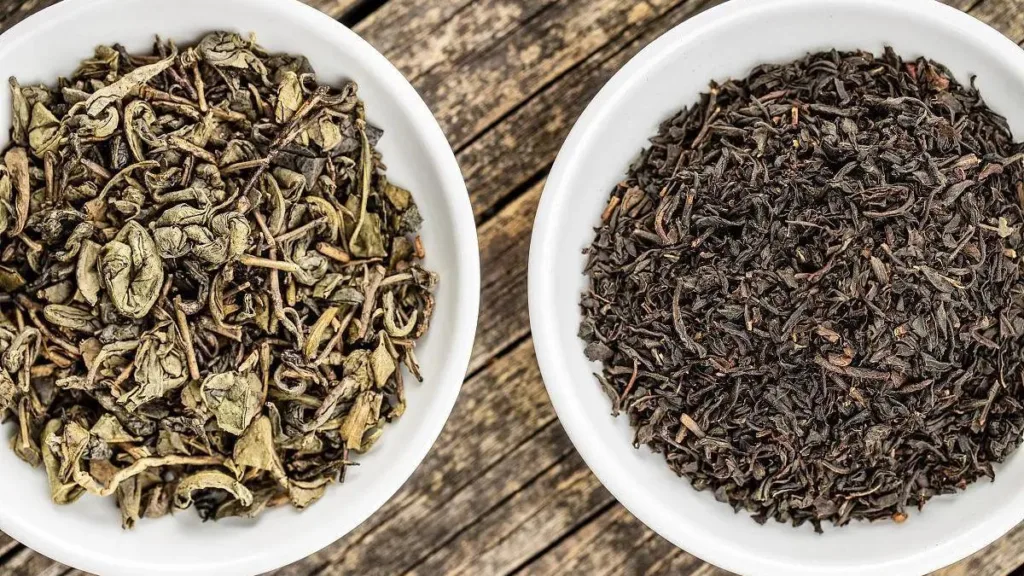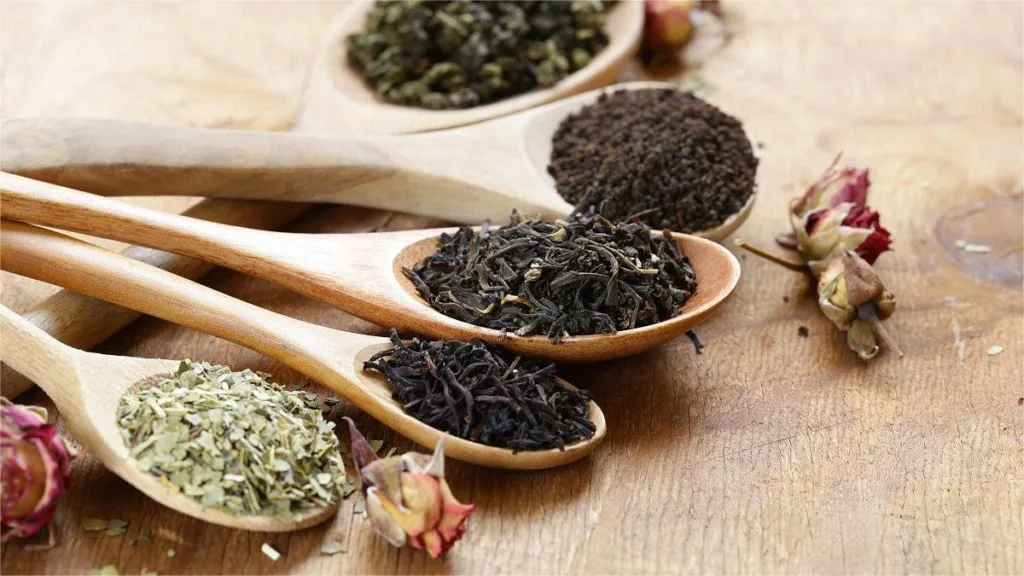Chinese black tea, often referred to as “hong cha” in Mandarin, holds a distinguished position in the world of tea with its rich history, unique processing methods, and diverse flavors. Renowned for its bold and robust character, Chinese black tea has captivated tea enthusiasts globally, earning a reputation as a beverage of unparalleled depth and complexity.
One of the distinctive features of Chinese black tea is its origin, deeply rooted in the vast and varied landscapes of China. From the picturesque hills of Yunnan province to the misty mountains of Fujian, each region imparts its own signature characteristics to the tea produced. Yunnan, for instance, is celebrated for its Dian Hong tea, which is known for its golden buds and a malty, sweet flavor. On the other hand, Keemun tea from Qimen in Anhui province boasts a winey and fruity profile with a subtle smokiness.
The process of crafting Chinese black tea is a meticulous art that involves several stages, each contributing to the final flavor profile. After plucking, the leaves undergo withering to reduce moisture content, a crucial step that initiates the enzymatic oxidation responsible for the tea’s color and taste. Following withering, the leaves are rolled to break down cell walls and release essential oils, intensifying the aroma. The oxidation process is then allowed to proceed, giving the tea its characteristic dark hue. Finally, the leaves are fired to halt oxidation and lock in the complex flavors.
Chinese black tea is celebrated for its versatility and adaptability to various brewing methods. Whether prepared using the traditional Gongfu style with multiple short infusions or steeped in a Western-style teapot for a more extended extraction, the tea consistently delivers a full-bodied and invigorating experience. Its versatility extends to the culinary realm, where it is often incorporated into recipes for both sweet and savory dishes, adding depth and complexity to the cuisine.
Keemun, one of the most well-known Chinese black teas, holds a special place in the hearts of connoisseurs. Its reddish-brown liquor exudes a captivating fragrance, and its taste is a harmonious blend of fruity, floral, and slightly smoky notes. Keemun’s ability to age gracefully, much like fine wine, contributes to its allure, as it develops deeper, more nuanced flavors over time.
Beyond its sensory pleasures, Chinese black tea is also lauded for its potential health benefits. Packed with antioxidants, it is believed to support cardiovascular health, boost metabolism, and promote overall well-being. The moderate caffeine content provides a gentle energy lift without the jitteriness associated with stronger stimulants.
The cultural significance of Chinese black tea is deeply woven into the fabric of Chinese society. It has been an integral part of traditional Chinese ceremonies and rituals for centuries, symbolizing hospitality, respect, and harmony. In modern times, Chinese black tea has found a place on the global stage, enchanting tea enthusiasts worldwide and earning accolades for its complexity, depth, and enduring legacy.
In conclusion, Chinese black tea stands as a testament to the artistry and heritage of Chinese tea culture. Its diverse flavors, meticulous production processes, and cultural significance have elevated it to a position of distinction in the world of tea. From the misty mountains of Fujian to the rolling hills of Yunnan, each cup of Chinese black tea tells a story of craftsmanship, tradition, and the rich tapestry of flavors that continue to captivate tea lovers around the globe.



